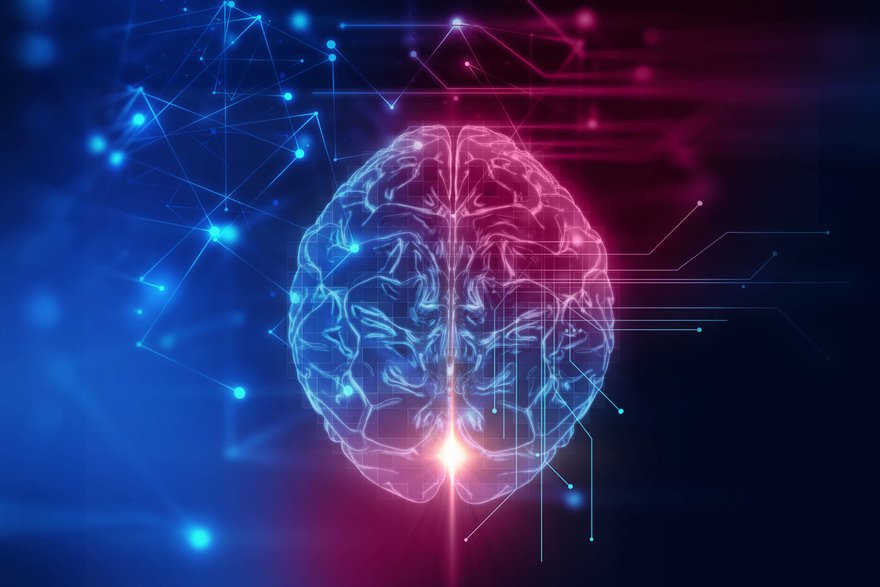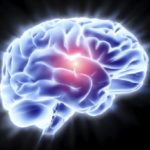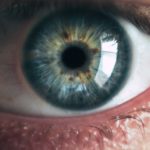According to a new study, non-invasive deep magnetic stimulation could alleviate symptoms of obsessive compulsive disorder (OCD). The findings were published by the European College of Neuropsychopharmacology.
OCD is characterized by symptoms of recurrent thoughts or urges causing extreme orderliness, perfectionism, and repetitive behavior. The condition affects nearly 2.3 percent of the general population and is commonly treated with antidepressants and exposure and response prevention (ERP) therapy.
In some patients with OCD, neither of those treatments are effective in alleviating symptoms. As a result, researchers focused their attention on deep transcranial magnetic stimulation (dTMS), a brain stimulator placed on the scalp which activates the neuronal circuits on particular areas of the brain. The treatment is used for patients with treatment-refractory depression.
In the study, 99 participants diagnosed with OCD were instructed to either undergo dTMS or be given a placebo-like treatment, as part of a randomized control trial. The participants were previously under antidepressant treatment but experienced no improvement in symptoms.
The dTMS treatment, conducted on a daily basis, targetted areas of the brain associated with OCD and lasted six weeks. Responses were measured utilizing the Yale-Brown Obsessive Compulsive Scale questionnaire.
“An interesting point about this trial is that we deliberately provoked the patients for about 5 minutes before each dTMS session. We did this by tailoring a provocation for each patient according to their own specific OCD obsessions. For example, if someone had obsessions about getting contaminated, we exposed him to a situation in which these obsessions where aroused, for instance, touching a bathroom’s door handle or the trash can,” said Lior Carmi, an Israeli researcher at the Chaim Sheba Medical Center.
“All these exposures were designed for each individual patient. During the first meeting with the patient we learned his symptoms and created a list of which exposures to use during the study,” Carmi explained. “The idea is to deliver the treatment when the brain circuitry is aroused and not while the patient is thinking about the shopping he needs to do after the session will be over.”
Based on the findings, following six weeks of dTMS, 38 percent of participants experienced beneficiary effects and saw a 30 percent reduction in symptom severity compared to 11 percent of participants who received a placebo-like treatment.
“Researchers have tested TMS for OCD in the past, but this is the first time we have stimulated this region of the brain and done so while we tailored exposures to each patient,” Carmi stated.
“This is a very exciting study because it shows positive results in OCD using deep transcranial magnetic stimulation. Deep TMS may become a useful therapeutic strategy if these positive results are confirmed in further studies.”


